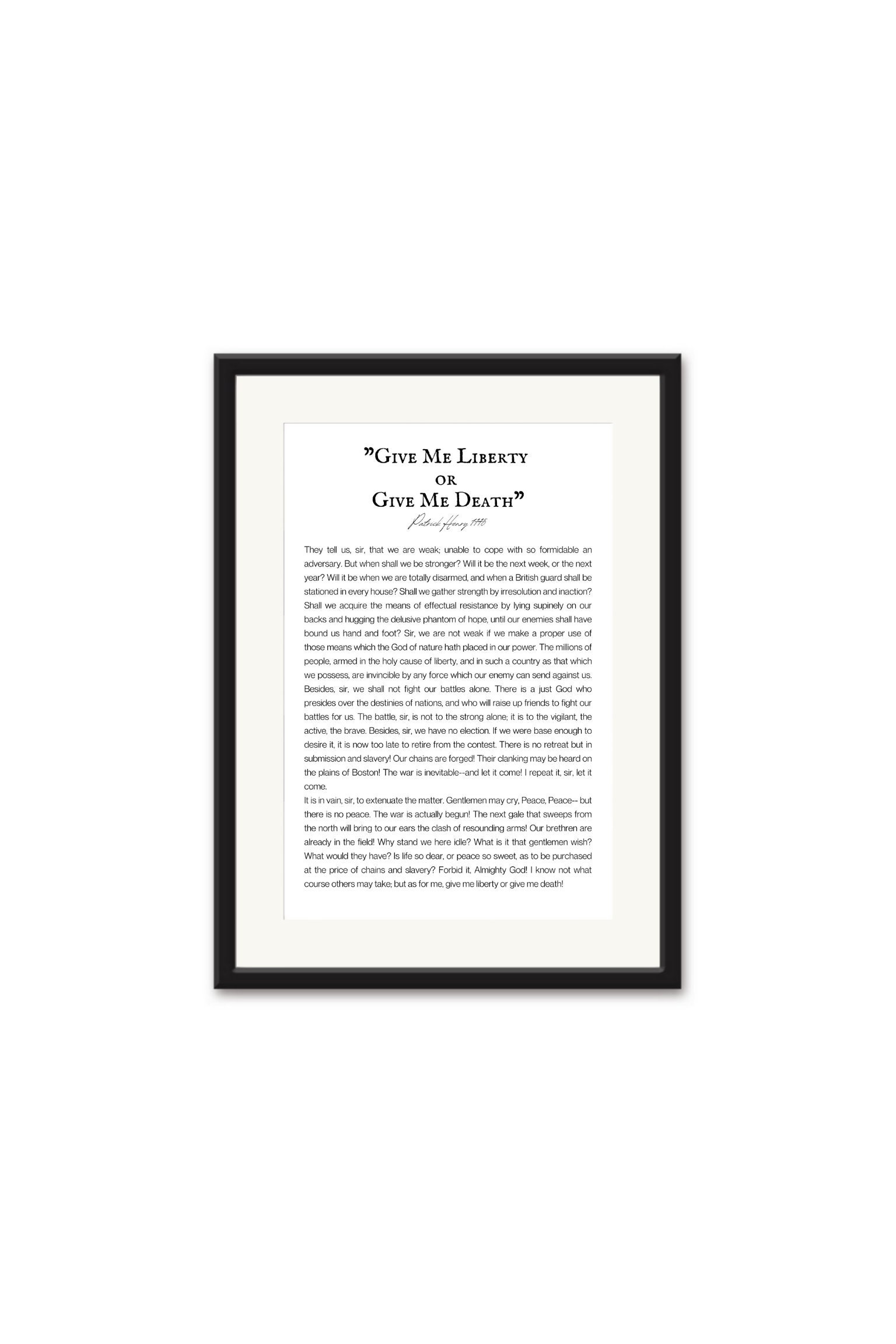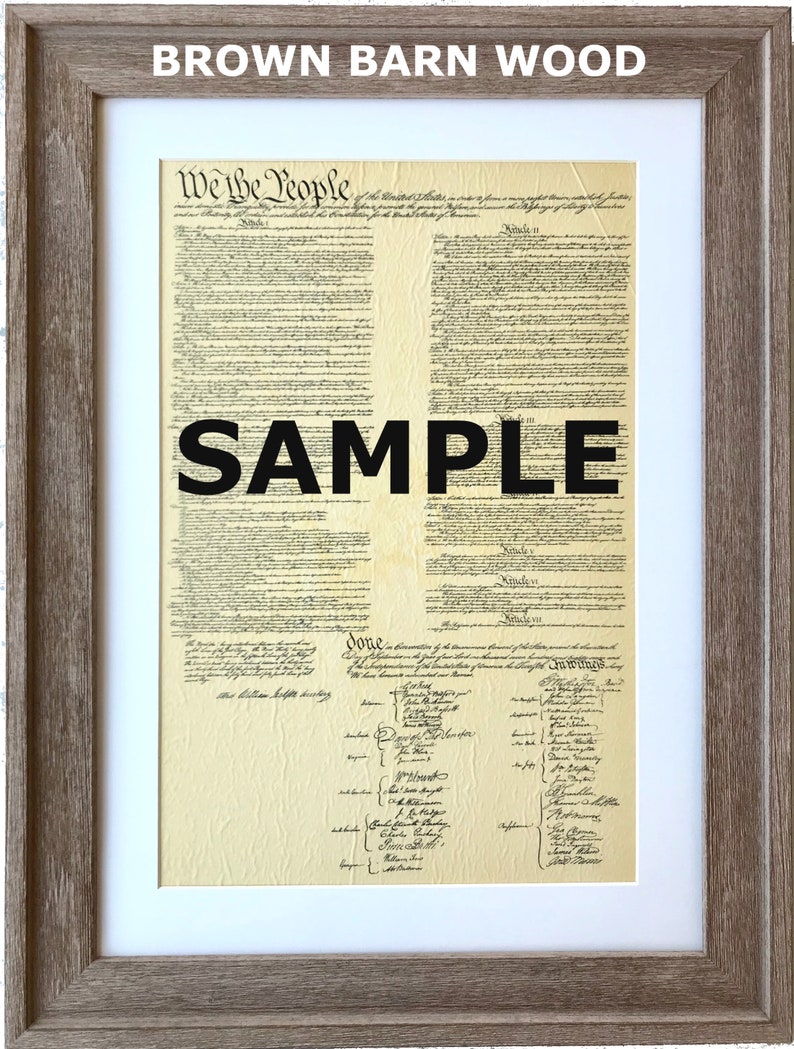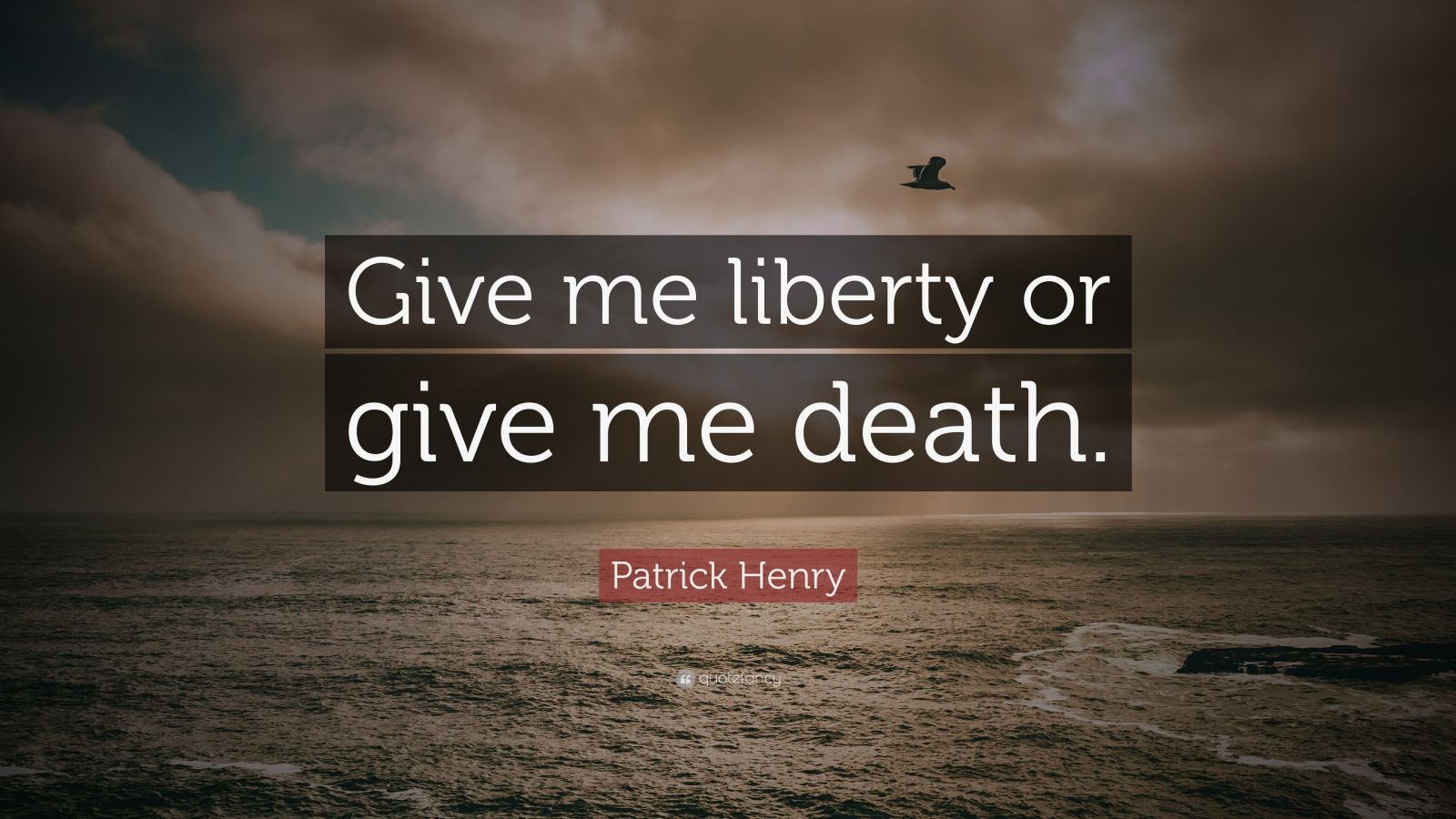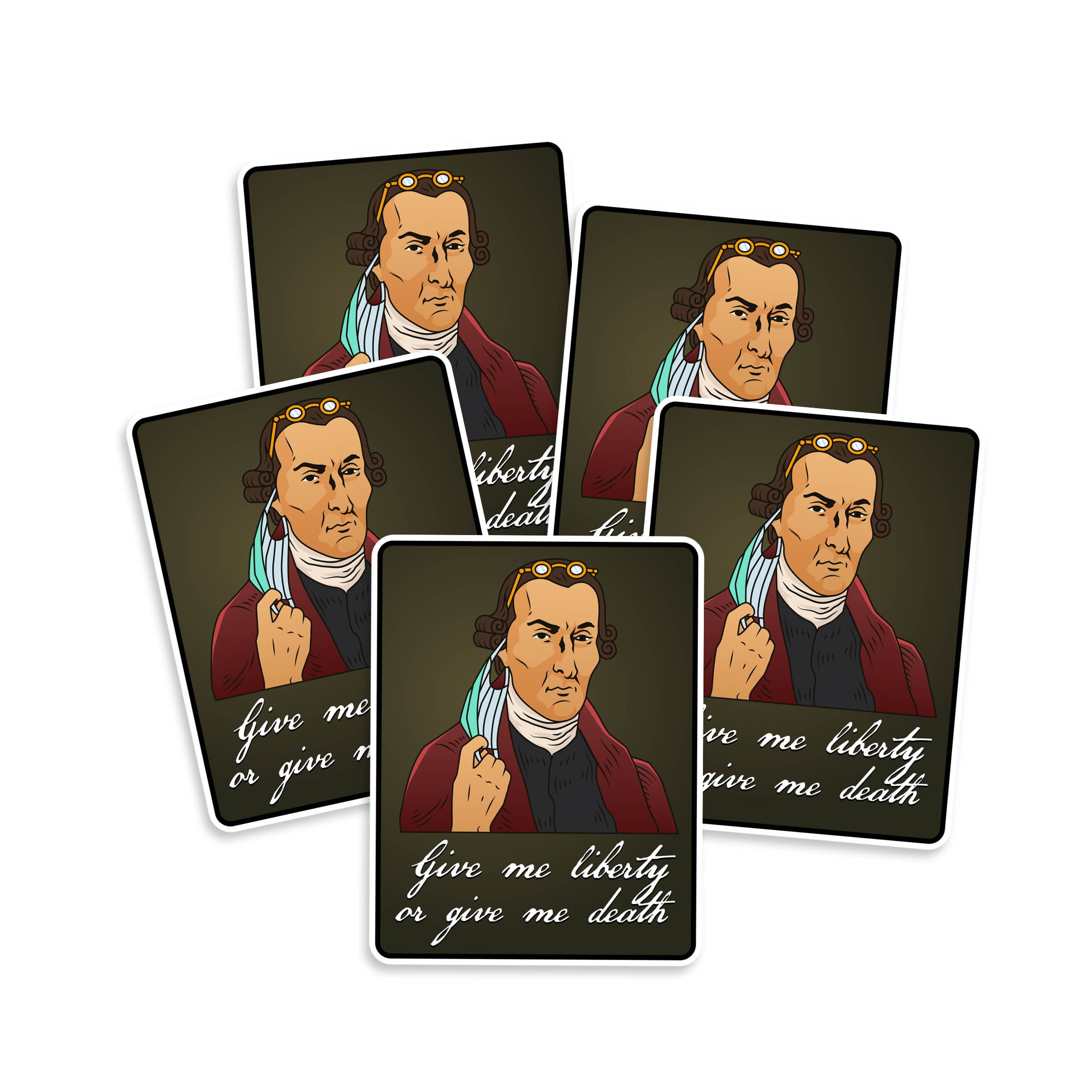

His speech against the Stamp Act in 1765 asserted the rights of the colonies to make their own laws. In 1764 Henry was elected to the House of Burgesses, the lower house of the Virginia legislature, where he supported frontier interests against the aristocracy. Although Henry technically lost the case, known as the Parsons’ Cause, the jury awarded only nominal damages to the clergy, and Henry’s fame grew.

In 1763 he defended local tax collectors in a damage suit, arguing natural rights, after the British crown had disallowed a Virginia law that permitted payment of the Anglican clergy in money instead of tobacco. In court he displayed quick wit, knowledge of human nature, and forensic gifts. Henry was a skilled lawyerīorn in colonial Virginia of an English mother and Scottish father, Henry failed as a farmer and storekeeper but found his calling in the law.


The promise of a bill of rights helped pave the way for the adoption of the Constitution in 1788. His opposition helped convince Federalists to agree to support a bill of rights to militate against what Henry and other Anti-Federalists viewed as a threat to states’ rights and individual rights from a powerful federal government. Patrick Henry (1736–1799) was a firebrand speaker, an ardent supporter of the American Revolution, and an early opponent of the adoption of the U.S. (Painted by George Bagby Matthews, circa 1891, public domain)


 0 kommentar(er)
0 kommentar(er)
